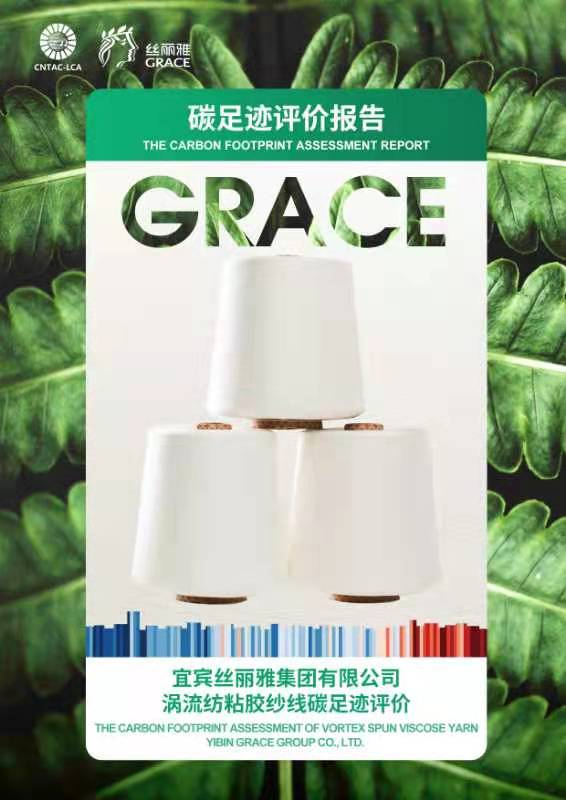Carbon neutrality certification standards (PAS 2060:2014), Product carbon footprint verification (PAS 2050:2011) (ISO 14067:2018), Product environmental footprint (ISO 14040:2006) (ISO 14044:2006)
The PAS 2050 standard is the world's first product carbon footprint assessment standard, which is a set of specifications developed to evaluate greenhouse gas emissions during the product life cycle. PAS 2050 is widely used by companies around the world to evaluate greenhouse gas emissions from its goods and services. This standard can be available to measure and reduce carbon emissions, information transparency, reliability and consistency across the supply chain, thus helping companies, customers and other stakeholders take appropriate environmental- friendly decisions in the first place, while gaining credibility for businesses.
The ISO 14067 standard is the accounting criterion compiled by the International Standardization Organization (ISO) to solve the carbon footprint of products. It is used to calculate the total greenhouse gas emissions directly and indirectly generated during the raw material acquisition, manufacturing, transportation, sales, use and waste stages.
The ISO 14040 / 14044 standard is the product life cycle assessment (Life Cycle Assessment, LCA) standard, which is the main reference basis for formulating the above standards. Life cycle assessment is a technical process for the use of resources and energy and quantitative discharge of waste into the environment throughout the life cycle stage.
LCA can assist enterprises to identify environmental emission hotspots related to products, notice the weak links in management, improve the utilization rate of materials and energy, reduce sewage discharge, reduce potential environmental risks of products so as to realize whole-process control.
Dedicating our ability, ambition and passion to the development of sustainability for industry, we may rightfully claim that our commitment to sustainability came earlier than others’. Despite all the efforts we've made so far, Yibin Grace will continually promote the green development of the whole industrial chain and the whole product life cycle, actively explore the application of new green technologies and new models in the industry, as well as carry out the work of carbon emission reduction and carbon neutrality around the themes of climate and ecosystem protection, closed-loop production, innovation and cycle, and inclusive growth.




